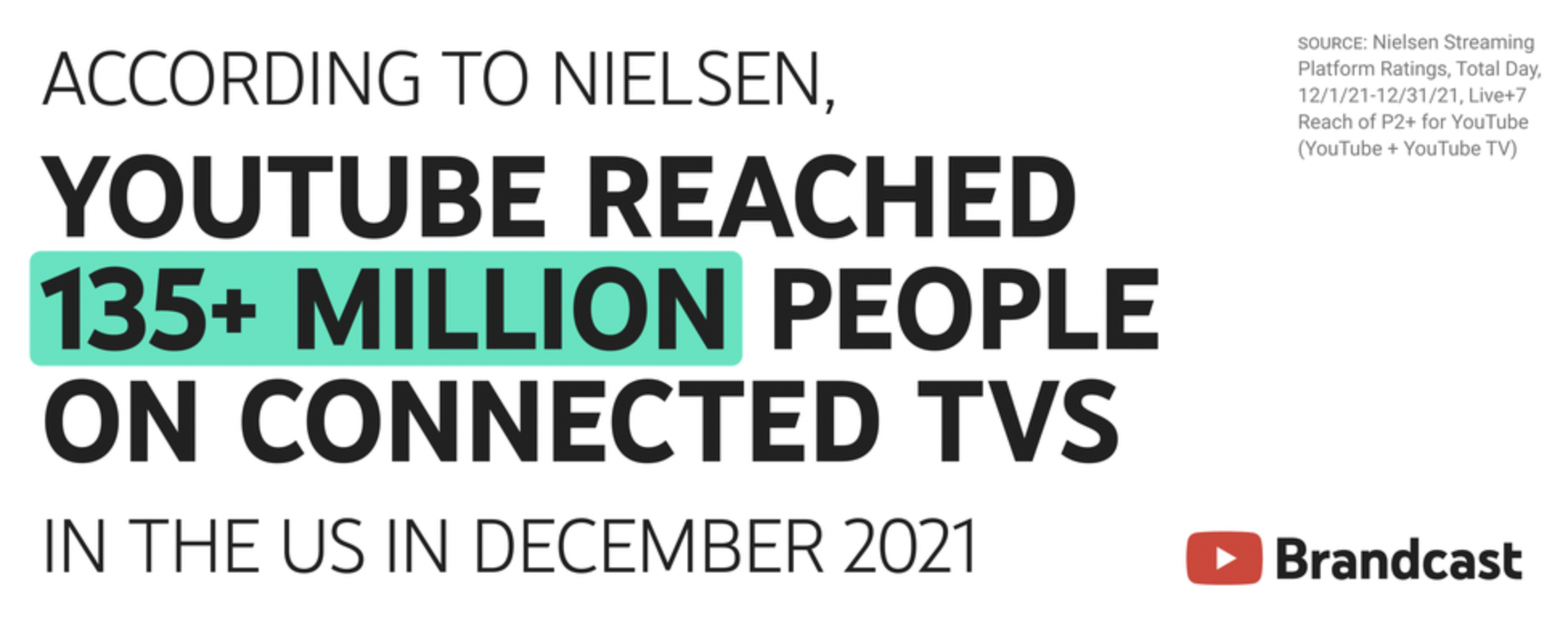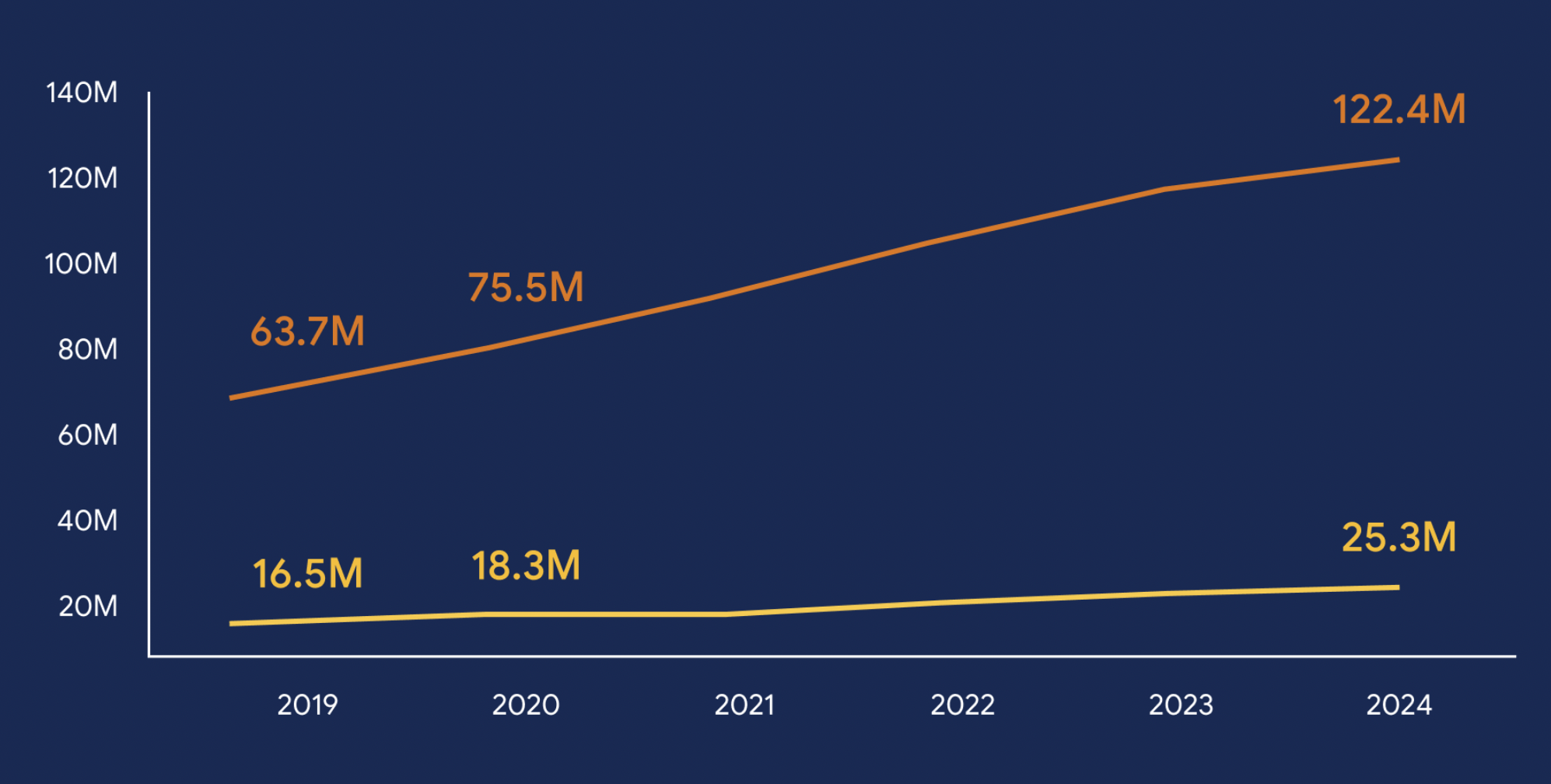Our Google Ads policies are written to protect users, advertisers, and publishers, and prohibit advertisers from unlawful behavior like discriminating against users. We also give users control over the kinds of ads they see, including the ability to opt out of seeing any personalized ads. Our ads policies apply to all the ads we serve and if we find ads that violate our policies, we take action.
For over a decade, we’ve also had personalized advertising policies that prohibit advertisers from targeting users on the basis of sensitive categories related to their identity, beliefs, sexuality, or personal hardships. This means we don’t allow advertisers to target ads based on categories such as race, religion, ethnicity, or sexual orientation, to name a few. We regularly evaluate and evolve our policies to ensure they are protecting users from behaviors like unlawful discrimination.
To further improve access to housing, employment, and credit opportunities, we are introducing a new personalized advertising policy for certain types of ads. This policy will prohibit impacted employment, housing, and credit advertisers from targeting or excluding ads based on gender, age, parental status, marital status, or ZIP Code, in addition to our longstanding policies prohibiting personalization based on sensitive categories like race, religion, ethnicity, sexual orientation, national origin or disability. While the changing circumstances of the coronavirus pandemic and business continuity issues for many advertisers make precise timelines difficult, we plan to roll out this update in the U.S. and Canada as soon as possible and, in any event, by the end of this year. We will be providing advertisers with more information about how these changes may impact them in the coming weeks.
We’ve been working closely with the U.S. Department of Housing and Urban Development (HUD) on these changes for some time, and we appreciate their guidance in helping us make progress on these important issues. As part of our effort we’ll provide housing advertisers with additional information about fair housing to help ensure they are acting in ways that support access to housing opportunities. We will also continue to work with HUD, civil rights and housing experts, and the broader advertising industry to address concerns around discrimination in ad targeting. These changes complement our work with businesses, governments, and community organizations to distribute $1 billion we committed for Bay Area housing. In the first six months of this commitment, we’ve helped to create hundreds of new affordable housing units in the Bay Area, including an investment in a development focused on affordable and inclusive housing for adults with disabilities.
Google is committed to working with the broader advertising ecosystem to help set high standards for online advertising, and we will continue to strive to set policies that improve inclusion and access for users.



